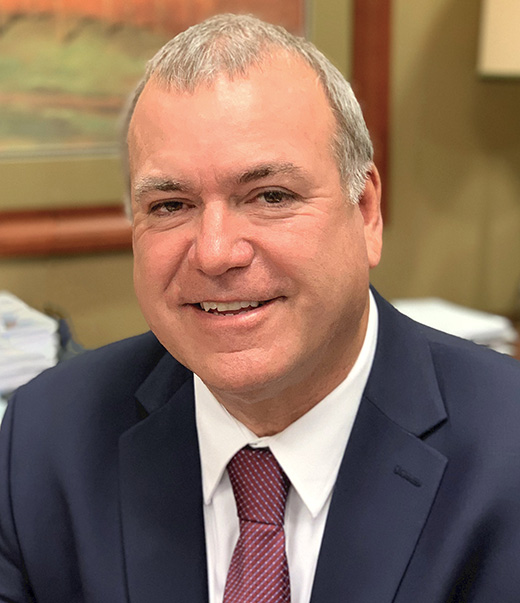Co-op Members
18,500
Total Miles of Fiber
1,548
Project Timeline
2-3 years
Originally published: February, 2021
Reliable high-speed Internet is key to residential and commercial economic development in their four counties of northern Indiana.
“These counties are trying to figure out how to get people here and keep them here. Broadband is a means to an end for each county,” Carver explained. “When looking to move into the area, commercial or residential, the first question used to be, ‘Who is your electric provider?’ Now it’s, ‘What kind of communications does that site have?’”
KREMC is a member-owned, locally operated cooperative that supplies electricity to over 18,000 members in portions of Kosciusko, Fulton, Wabash and Whitley counties in northern Indiana.
The cooperative has partnered with Conexon since mid-2020 to begin building out a 1,086-mile fiber-to-the-home (FTTH) network that will serve more than 18,200 customers upon completion. The project timeline is expected to be 2 to 3 years, with the first customers connected in 3Q or 4Q 2021.
While FTTH network construction has been under discussion within the cooperative since 2019, Carver noted the coronavirus pandemic accelerated the project’s approval and beginning construction.
“The pandemic highlighted the inefficiencies that we had, and the deficiencies of not having broadband in the community,” he said. “We got nothing but positive feedback from our membership when we surveyed them about the possibility. The want is definitely there. The question is, ‘How soon can we get it?’”
The KREMC territory is mostly residential, with an average density of 12 members per mile. Even in the densest areas of the territory, residents have extremely limited options for high-speed service, with speeds that max out at 1 Gbps download and 30 Mbps upload under optimal circumstances. In more rural areas, residents have no options at all except cell provider hotspots.
Curt Barkey, Vice President of Technology and Broadband of KREMC, recounted the challenges of educating children without Internet service as COVID-19 has forced schools online. In the Warsaw school system, educators have considered busses in parking lots equipped with mobile hotspots so that families could drive up and access WiFi from their vehicles for remote learning.
“Coronavirus has definitely revealed the urgency of bringing fiber to the home to our communities,” Barkey said.
“Hearing the Conexon philosophy and what they stand for was the buy-in for me. I knew we could treat our members as we have been in the past, like they’re used to. We didn’t want to turn that responsibility over to any other company and put our name on it. We wanted to be totally involved and make sure our membership was taken care of.”


The turning point for KREMC’s broadband journey was the Board of Directors vote in September 2020 to approve the cooperative’s entry into the FTTH market.
“We worked really hard to ensure that we were able to get the right information in front of the Board so that they could make the decision,” Barkey said. “We had to ensure the feasibility study not only demonstrated the service we wanted to be able to deliver, but how we could do so in a relatively cost-effective manner.”
Both Carver and Barkey emphasized the learning process required to build a subsidiary from the ground up. Frequent and regular meetings with Conexon, starting with the initial feasibility study, have brought the KREMC team up to speed in a short time.
“Conexon is the best partner we could have possibly picked to do this,” Barkey said. “You’ve built a team with the best of the best. You know what you’re talking about. Why go anywhere else?”
The team at KREMC also agreed on the importance of involving cooperative staff from the beginning and being as transparent as possible.
“Before the pandemic hit, we knew we wanted to offer high-speed internet service to our members,” Carver said. “But the hurdles we saw our members face last year as they worked or attended classes virtually highlighted the urgency.”
Partnering with Conexon to provide broadband service to KREMC members made perfect sense, Carver noted. "They share our community and member-focused values and respect our cooperative roots.”
“We look forward to working together with Conexon to bring high-speed internet service and expanded opportunities to this area,” Carver said. “I believe no other company knows how to serve our membership as we do, so I'm thrilled we can continue to provide that high level of customer service to those receiving broadband.”
“If you’re an electric cooperative and you’re considering fiber, I don’t know why you’re considering anyone else other than Conexon. I truly, truly believe that. Conexon fit what we were looking for. It’s built on the cooperative model, sharing the same goals as we do, and from there, the project just took off.”

